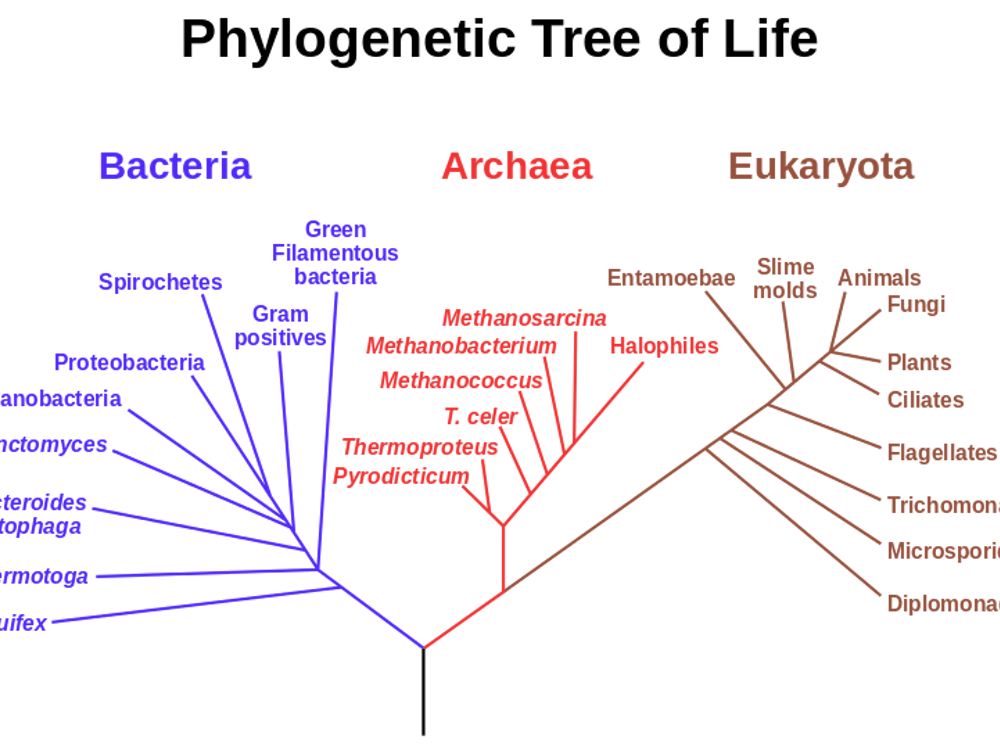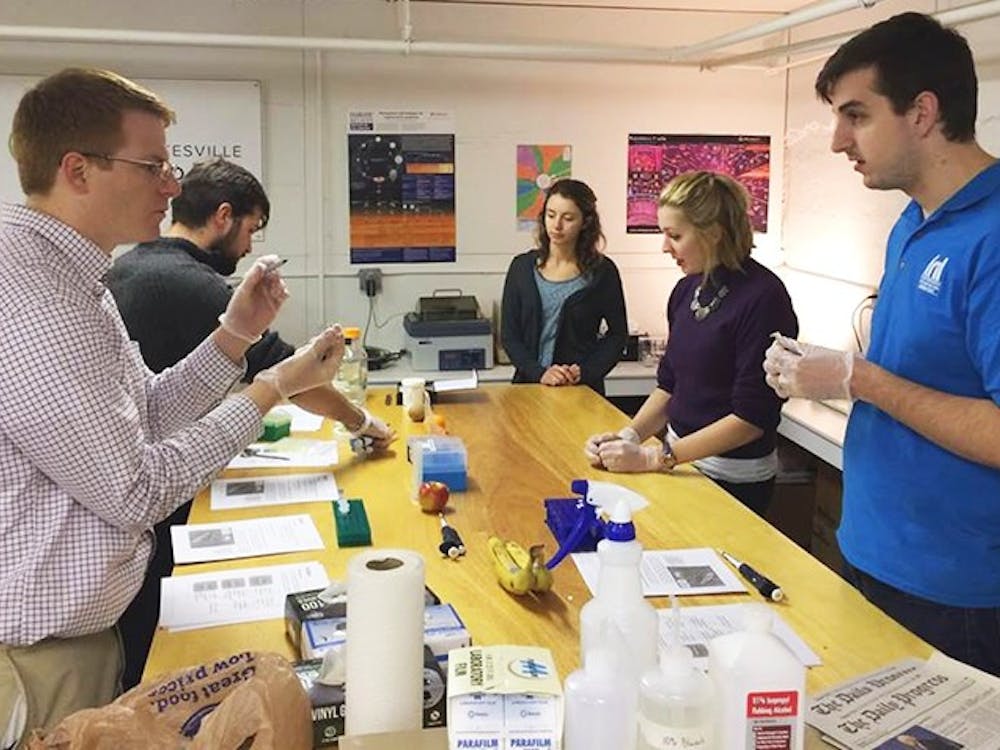U.Va. at forefront of 3-D printing
By Jessica Chandrasekhar | August 9, 20163-D printing technology offers great potential in fields as diverse as space exploration — with the printing of a ratchet wrench at the International Space Station’s own 3-D printer — and even nutrition — with Columbia University’s 3-D food printer.














